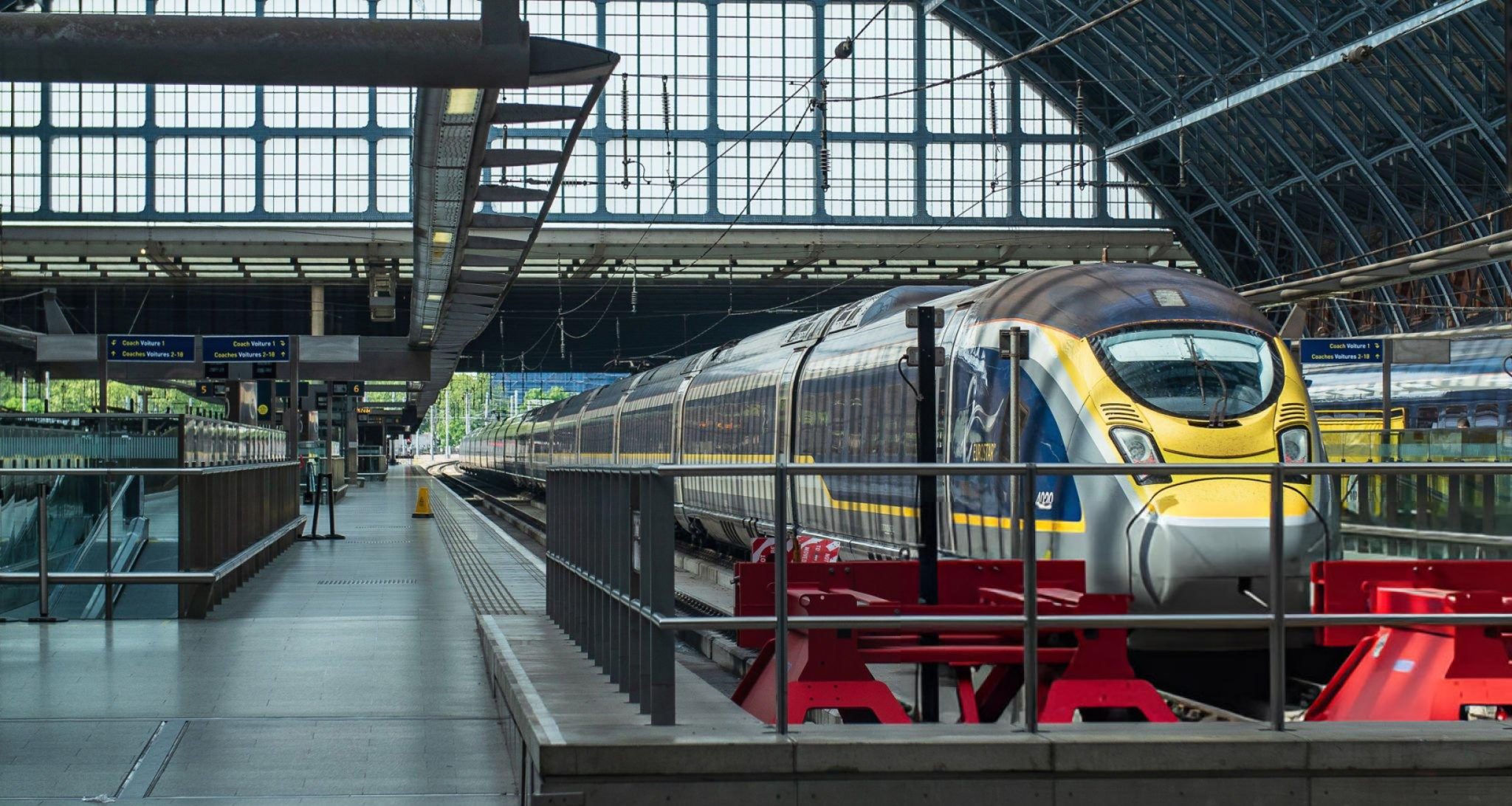Eurostar has come under pressure to reduce ticket prices for its high-speed services from London to Paris, Brussels, and Amsterdam after a landmark ruling by the UK rail regulator. The Office of Rail and Road (ORR) announced that operators using the High Speed 1 (HS1) line would face a 10.4% cut in track access charges starting in April 2025.
The HS1 line, which connects London St Pancras International to the Channel Tunnel, also serves domestic Southeastern services in Kent and freight trains to and from the continent.
Regulatory savings to benefit operators
The ORR’s decision followed a review of HS1 Ltd’s spending plans for the period 2025–2030. The company was instructed to reduce its charges for maintaining and renewing the high-speed infrastructure. These savings, the regulator argued, should translate into lower fares or enhanced services for passengers.
Mattias Bjornfors, HS1’s Chief Strategy and Regulation Officer, highlighted innovations like track deterioration modelling as key to reducing costs. “We’ve proposed a 16.5% reduction for operators of international services and 11–12% for domestic routes. We strongly encourage operators to pass on these savings to passengers through more competitive fares or service improvements,” he said.
Eurostar’s focus on infrastructure
Despite the potential for reduced costs, Eurostar signalled it intends to channel the savings into infrastructure investments rather than fare reductions. In a statement, the company welcomed the ORR’s decision but noted that past increases in access charges had already exceeded inflation, limiting its ability to invest.
“This decision provides us with the financial headroom to make critical investments that will enhance the customer experience and ensure the long-term sustainability of high-speed rail connectivity between the UK and continental Europe,” Eurostar stated.
The company’s focus will be on improvements at St Pancras International, which has struggled to cope with the surge in demand for Eurostar services since the end of coronavirus travel restrictions. Eurostar’s decision not to reduce ticket prices has drawn criticism from passenger advocates, who argue that fare reductions would benefit more travellers directly.
Calls for expanded services
As passenger numbers at St Pancras grow, there have been renewed calls for Eurostar services to stop at Stratford International in east London. Such a move, proponents argue, would alleviate pressure on St Pancras while offering more convenient access for passengers in the area.
A boost for passengers and freight operators
The ORR emphasised the broader benefits of its decision. “Better management of track and station assets can result in lower charges, ultimately benefiting customers,” the regulator stated. Specific measures include reductions in charges for renewing track assets, maintaining stations like St Pancras, and the day-to-day operation of the railway.
Feras Alshaker, the ORR’s Director for Planning and Performance, noted: “Our thorough, independent review of HS1 Ltd’s spending plans has resulted in significantly lower costs for passenger and freight train operators. Although HS1’s original plans were good, adjustments must now be made to reflect our findings, which should benefit everyone who uses this railway.”
Implications for the rail industry
The ruling marks a significant moment for the rail industry, particularly for high-speed rail operators. While Eurostar’s decision to prioritise infrastructure investment over fare reductions may disappoint passengers, the regulator’s intervention underscores the importance of cost efficiency and customer benefits in the operation of critical rail infrastructure.
HS1, owned by a group of private investors, plays a crucial role in linking the UK to mainland Europe. With reduced charges and a mandate for better asset management, the line is poised to enhance its services for both passengers and freight operators in the coming years.
Looking ahead
As the changes take effect from April 2025, all eyes will be on how operators like Eurostar and Southeastern respond. While passengers may have to wait for ticket price reductions, the promise of improved infrastructure and services at St Pancras and beyond offers a glimmer of hope for a smoother and more enjoyable travel experience.
The ORR’s decision sets a precedent for balancing operator profitability with passenger affordability, reaffirming the importance of an efficient and well-managed rail network. For travellers, the focus now shifts to ensuring these savings deliver tangible benefits in the near future.






